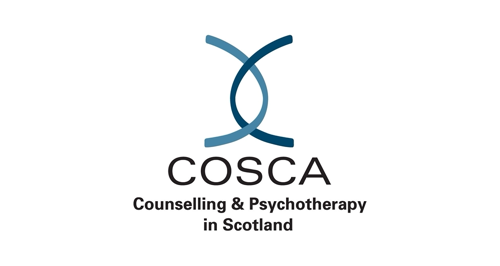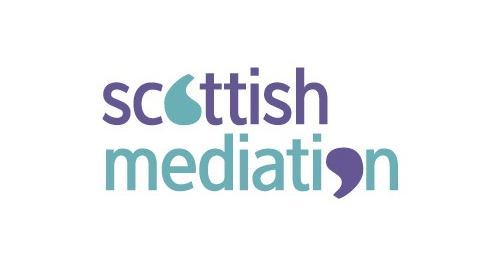Family Counselling
What is Family Counselling?
Being part of a family can sometimes be difficult. Family counselling helps with difficulties experienced within a family unit. It gives family members a chance to talk, and supports them to help each other work things out together. It can help family members express and work through difficult thoughts and emotions safely, to understand each other better, to appreciate each other’s needs better and to make changes in their lives. It can be beneficial to children, young people and adults experiencing a wide range of difficulties and life events. To name a few examples the types of problems families have brought to sessions, include family restructuring, relationship difficulties, divorce/separation, or an illness.
Family counselling is currently only available face to face in Perth or online, as agreed.
We are currently not able to offer Family Therapy but please check with us for any updates on this.
Who is it for?
Family counsellors work with anyone who have active long term relationships as a unit, whether related by blood or not. As well as parents and children of all ages, they may work with grandparents, siblings, uncles and aunts, cousins, friends, carers and other professionals – whoever people identify as important to their lives. They may see children and adults individually and/or in groups. After all parties have attended their initial individual intake appointments a decision will be made about who to invite to the first session; this can be everyone and the family members’ perspectives will also be taken into account. It is not assumed that all of those attending the first session will come to all of the subsequent meetings.
Is it confidential?
Yes, unless circumstances suggest that the issues being discussed may pose a risk to children, clients or the wider community. In all circumstances, care is taken to protect confidentiality and no disclosure will be made without discussing the issues first, unless there is an urgent risk of harm.
Who are the Family Counsellors?
The Counsellors have been trained to work with children, young people, adults, carers and other professionals (as appropriate), systemically, together. Their aim is to remain impartial throughout the process, and not to just give you the answers to problems and questions. They engage all participants in sharing their points of view and finding ways forward, that work for them. They take into consideration the family’s wider background, while respecting each individual's different beliefs, views and stories and ensuring that all family members are heard and respected.





